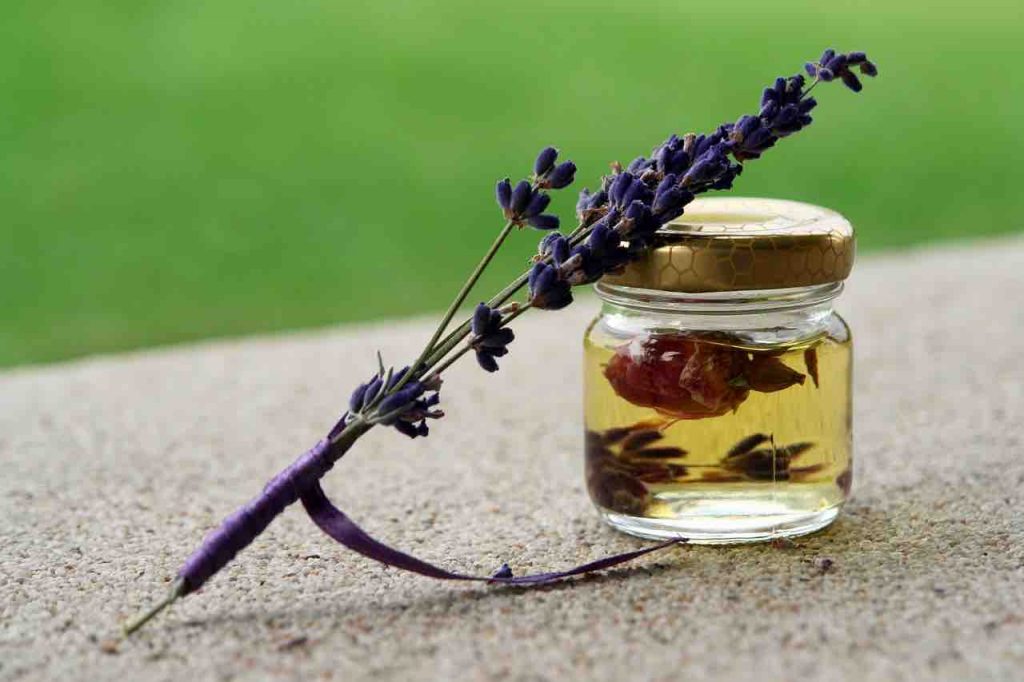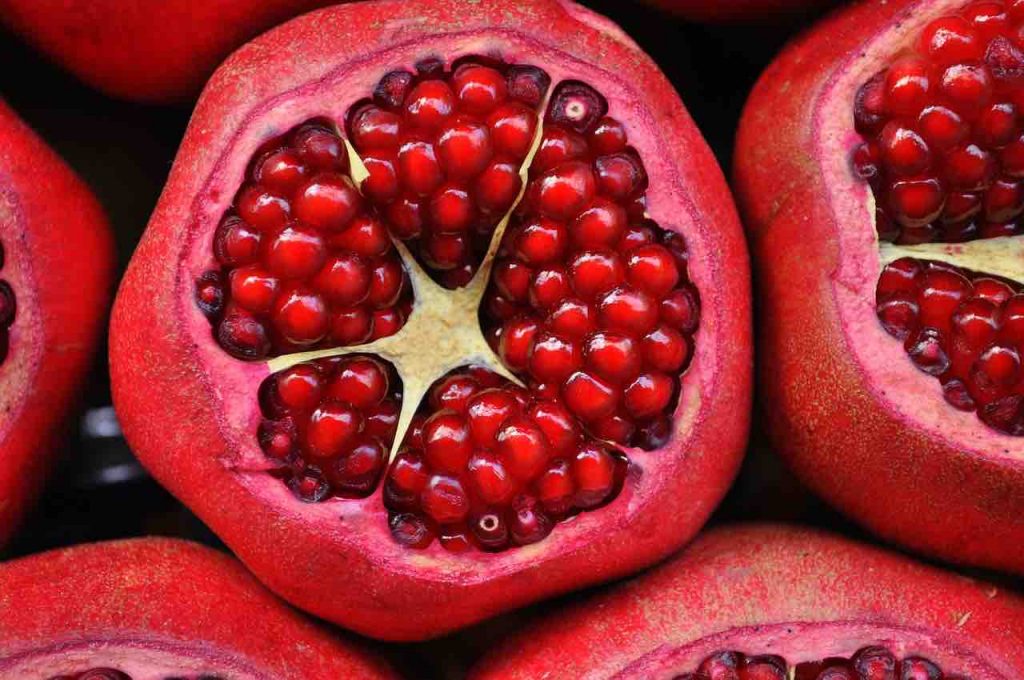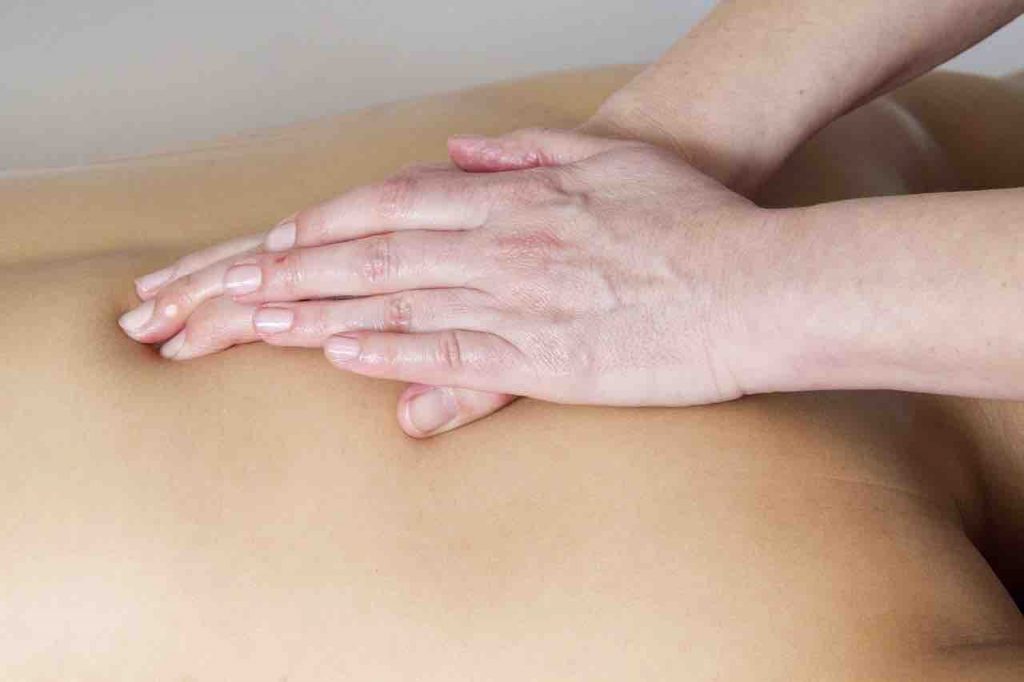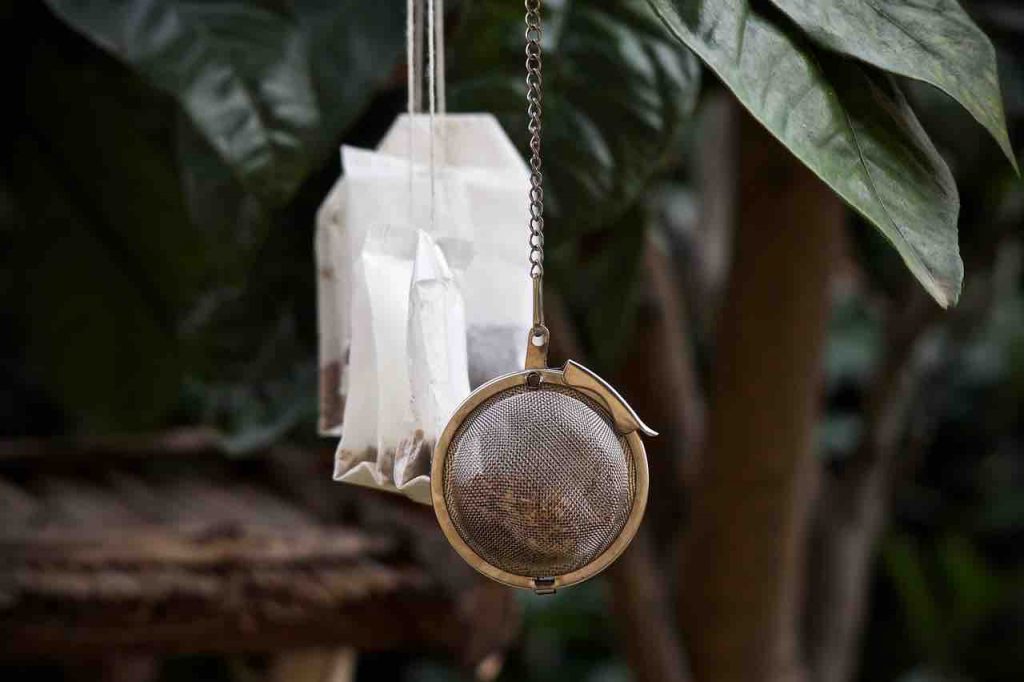- 5Shares
- 1. Nasya Therapy Balances All Doshas.
- 2. Om Chanting Heals The Soul.
- 3. Calming Herbs Also Boost Wellness.
- 4. Yoga Has Powerful Stress-Busting Effects.
- 5. Satvik Food Brings Peace And Purity.
- 6. Meditation: A Rather Powerful Practice.
- 7. Get/Do An Ayurvedic Oil Massage.
Stress management is more important than ever. We know from thousands of studies that excess stress causes mental and physical disorders – insomnia, heart disease, asthma, migraines, obesity and IBS to name a few. Ayurveda has always considered stress as the heart of disease. And so, Ayurveda lays out helpful stress management tips that help you return to a balanced, happy state!
Signs That You Need To Bust Stress
- A constantly racing heartbeat
- Tense muscles
- Loss of appetite
- Inability to fall and/or stay asleep
- Digestion problems
- Fatigue
- Irritation
- Muscle jitters
- Body ache
- A feeling of being burned out
- Weakened immunity
- Headache
Stress Management Techniques
1. Nasya Therapy Balances All Doshas.
Counted as the oldest stress management techniques in Ayurveda, nasya involves pouring a few drops of medicinal oil into the nose. The healing properties of the oil directly reach the brain, and they have immensely soothing effects on the nervous system. Moreover, nasya is said to balance all three doshas.
Generally, nasya oils for stress include ghee, sesame oil, and lavender essential oil. However, it’s safer to start using them after consulting an Ayurvedic practitioner.

2. Om Chanting Heals The Soul.
Next on our list of Ayurvedic stress management tips is to Om chanting. Om is the purest sound, and is said to carry cosmic energy. Studies have found that chanting Om has profoundly calming effects on the body and mind. Moreover, it uplifts the soul and supports one’s spiritual journey. You listen to it or also chant it yourself.
3. Calming Herbs Also Boost Wellness.
One of the best solutions on how to reduce stress is herbs. These powerful plants are packed with healing substances, and they can be wonderfully calming for the body as well as mind. They relax the muscles, reduce blood pressure, soothe the nerves, and promote better sleep. You can drink warm teas made with:
- Chamomile
- Turmeric
- Lavender
- Brahmi
- Holy basil (tulsi)
- St. John’s wort
- Valerian
- Cinnamon
4. Yoga Has Powerful Stress-Busting Effects.
Among the top stress management tips is to do some kind of exercise every day. Yoga is considered the best form of exercise in Ayurveda. Here are the best yogic techniques for stress management:
- Downward Dog (Adho Mukha Svanasana)
- Child’s Pose (Balasana)
- Corpse Pose (Savasana)
- Sun Salutations (Surya Namasakar)
- Fish Pose (Matsyasana)
- Nadi Shodhana (Alternate Nostril Breathing)
- Humming Bee Breath (Brahmri Pranayama)
5. Satvik Food Brings Peace And Purity.
As per Ayurveda, satvik foods promote calmness and wellness. They include most fresh fruits and vegetables, nuts, organic milk, and natural sweeteners. Such foods have pure life force energy in high amounts, and bring balance in the body as well as mind. On the other hand, rajasik and tamasik foods increase stress as well as negativity. They are to be avoided. Check out this list of satvik, rajasik, and tamasik foods.

6. Meditation: A Rather Powerful Practice.
Last but not the least is meditation. Practised for thousands of years, meditation is one of the ultimate stress management techniques. Even just 15 minutes a day can reduce the intensity as well as frequency of your stress responses. And the best part, there are so many kinds of meditation to choose from!
7. Get/Do An Ayurvedic Oil Massage.
How to relieve stress? Get an Abhyanga massage regularly. Practised for thousands of years, this powerful Ayurvedic therapeutic massage involves rubbing medicinal oils onto the muscles. It gets rid of stress as well as fatigue, while promoting better blood circulation and a feeling of wellness. You easily can do it yourself.

Note: Posts on Ayurvedum are solely for the purpose of sharing the goodness of Ayurveda and bringing awareness about natural and healthy living. Please do not substitute it for professional medical advice. Ingredients discussed can interfere with certain medications. So, before using anything to treat yourself, always consult an Ayurveda doctor or practitioner.







Leave a Reply